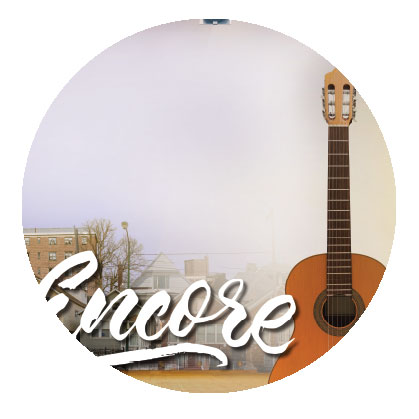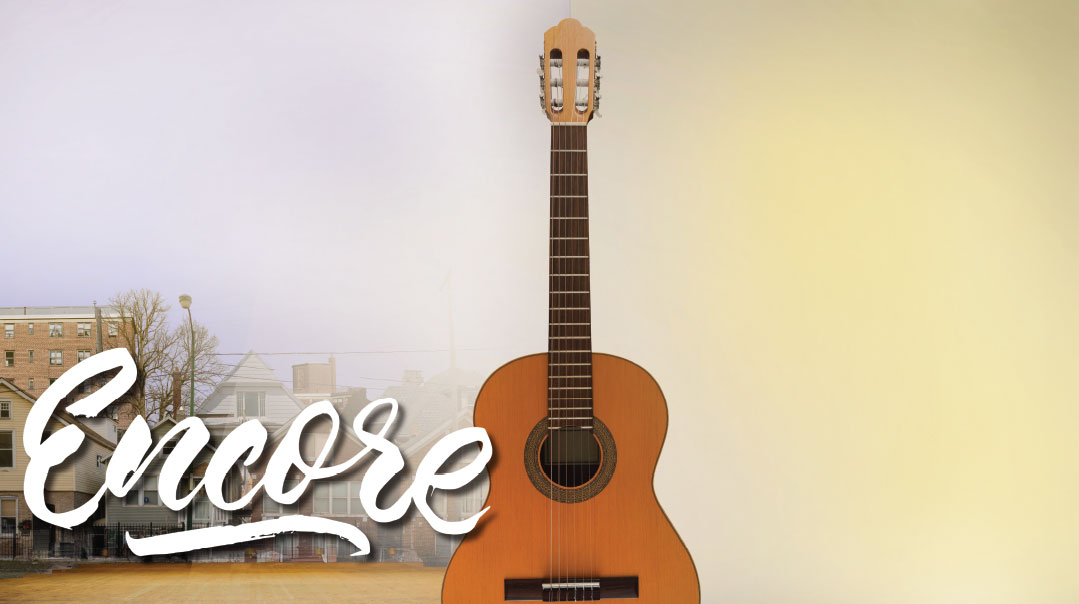Encore: Chapter 47

Penina finally tapped the man on the thigh with her umbrella and said, “Let’s go buddy, up and out of here or I’m calling the police”
S

You could never know.
The bochurim weren’t aware, but one night last week, a drunk had come up from the tavern down the road and tried to go to sleep on the bench in the yard. Sholom had been leaving the beis medrash and noticed the figure. He’d approached and then gone to his house to get his cellphone in case he had to call the police.
He’d made a racket looking for the phone, hoping Penina would notice and ask what was wrong. She did, of course, and when she heard, she came along with him, taking an umbrella with her just in case.
The man was fast asleep when Sholom returned, and didn’t move even after Sholom cleared his throat and said “Anschuldigs, excuse me, sir, you need to wake up.”
Penina finally tapped the man on the thigh with her umbrella and said, “Let’s go buddy, up and out of here or I’m calling the police.”
The drunk opened one eye and lifted his head an inch off the bench. Sholom really didn’t want her to call the police, because then the bochurim would come pouring out of the dorm and it would be a whole matzav and tomorrow, parents would be calling him. The frum news sites would talk about an attack at the yeshivah in Modena.
Penina picked up the cell phone and tapped the drunk again. “Hi, we have a trespasser, clearly drunk,” she spoke loudly in a voice so deliberate and loud that Sholom knew she was speaking to no one. The drunk fell for it. He sputtered, then cursed and pushed himself into a sitting position.
“Okay, okay,” he held up his hands, showing his palms, “I’m going, you can relax,” he said and Sholom felt bad for the man, even with the foul odor and stained hands. One day, he would use this in a schmooze. The dignity of man, reduced. The tzuras ha’adam, sullied. But still, a person.
They watched the man stagger down the path to the main road and Penina said she would speak to Shuey about putting up a real gate. It was time.
Oops! We could not locate your form.


